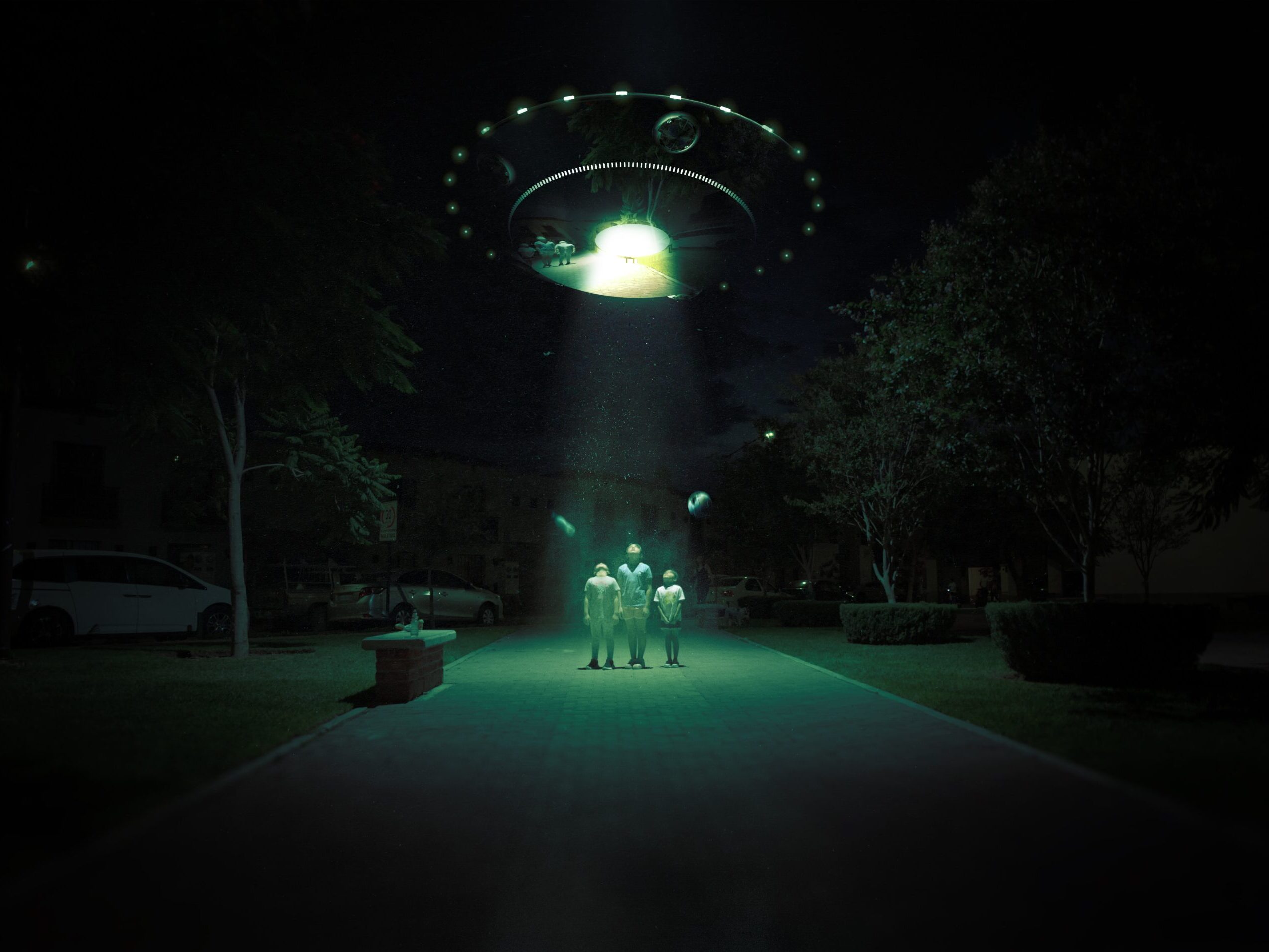9/18/2023
On September 13, self-proclaimed “ufologist” Jaime Mausson presented what he claims to be the remains of two extraterrestrial beings to the Mexican Congress. Under oath, he testified that these bodies were not of earthly origin, but many experts have been quick to point out the flaws in Mausson’s evidence and the unlikelihood of his claims. So, why would Mausson lie about such an important finding and risk perjuring himself?
Much of the skepticism surrounding Mausson’s finding stems from the fact that he attested that the National Autonomous University of Mexico conducted carbon dating on the bodies and discovered they were more than 1,000 years old. However, the university has distanced itself from Mausson’s claim, stating that they only had contact with skin samples, not the complete specimens. No official data about the bodies has been released to the public. Further discrediting Mausson is his history of using false evidence as proof of alien life. In 2015, he presented a body he claimed to be an alien but was later revealed to be the body of a human child. While these spectacles have certainly drawn public interest, experts call these investigations pseudoscience. Mexican astrobiologist Antígona Segura has called “the whole thing very shameful”.
The search for extraterrestrial life is still a topic of debate. A poll in June 2019 found that 49 percent of Americans believe there is intelligent life on other planets. Of those, 75 percent believe that life of some form, whether animal or bacterial, exists on other planets. The idea of alien life has existed in some capacity since ancient Greece, although their concept of other lifeforms would be closer to the modern-day multiverse theory. Despite thousands of years of wondering, humanity has little public evidence to prove the existence of alien life. However, there is virtually no evidence to disprove it either. This results in most scientific research conducted on the topic being met with a great deal of skepticism, as much of this research is fueled by faith – an ingredient that does not often mix well with science.
So, while Mausson’s claims contain little, if any, scientific data, they do bring to light the importance of bias in scientific research. Quantum mechanics, at one time, were little more than conceptual. It took time, research, and dedication for scientists to discover the laws of physics and the periodic table. However, when a research topic sees little progress, it can become subject to scientific bias. A meta-assessment of scientific bias studied several types of biases found in scientific research and the sociological and psychological factors that may underlie them. Researchers found that some associated factors include pressure to publish, being in early career stages, gender, and individual integrity. These factors are associated with a higher risk of performing questionable research practices and often lead to research bias. Early-extreme effect, one of the research biases studied, is the desire to publish controversial or extreme findings since they are more likely to be published first. Mausson’s reports of alien life fall into this category. However, it is very rare for a researcher to be aware of their own bias. Therefore, Mausson likely believes his claims as his bias skews his perception of what constitutes evidence.
There are many examples of research bias, and it is beneficial for researchers and engineers alike to be aware of as many of them as possible to reduce the effects of bias in their work. As a rule, there is some amount of bias in everything. Questioning whether any research is objectively true is a difficult path that may be best left to philosophers. However, this still poses an ethical question: at what point does bias become misinformation? And at what point does it become harmful? Certainly, Mausson’s “findings” about alien lifeforms are misinformation at best, but that does not necessarily make them harmful to the general public. However, bias-driven misinformation is often damaging, as is the case with the perceived association between autism and the MMR vaccine. Being cognizant of the different forms of bias and the societal impacts of findings is an important part of ethical research and engineering. The pursuit of knowledge is a fundamental part of human existence, but it must be handled tactfully and responsibly.

